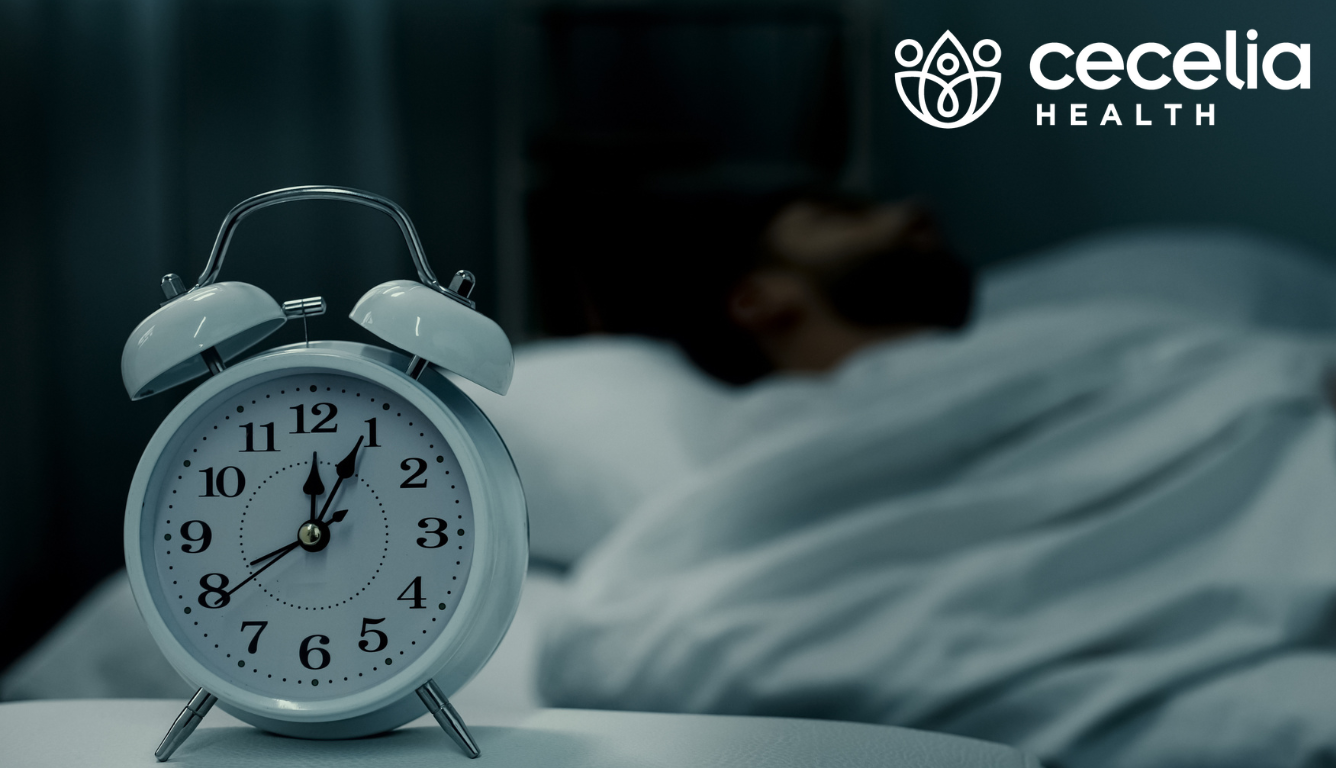Sleep is an important part of having a healthy lifestyle. Along with following a healthy diet and being active, sleep plays a vital role in helping to protect your heart and your overall health. For many people, sleep is often neglected due to extra demands at work, social calendars, childcare or even to binge a favorite tv show late at night. Science has linked poor sleep habits with several health problems which include obesity, depression, high blood pressure and diabetes. Not getting enough sleep can lead you to feeling groggy, tired, moody and not like yourself during the day. If you are having some of these symptoms, you may want to evaluate and work on your sleep habits.
Without enough sleep many areas of your body are affected. Long term sleep deprivation can lead to the following issues:
Memory issues: during sleep, your brain forms connections that help you process and remember new information. A lack of sleep can negatively impact both short- and long-term memory.
Trouble thinking and concentrating: when you are sleepy, it is often hard to focus on a task. You may not be as sharp with problem solving tasks leading to mistakes and frustration.
Mood changes: being tired makes you feel on edge, emotional and quick-tempered. Chronic sleep deprivation can lead to anxiety and depression.
Accidents: being drowsy when driving or operating machinery increases your risk for injuries.
Weakened immune system: you are more likely to catch viruses and colds when you are sleep deprived as too little sleep weakens your immune system’s defenses.
High blood pressure: those who sleep less than 5 hours a night are at an increased risk for hypertension.
Diabetes: A lack of sleep affects your body’s release of insulin, a blood sugar lowering hormone. People who don’t get enough sleep have higher blood sugar levels and are at an increased risk for type 2 diabetes.
Obesity: when you do not sleep enough, the chemicals that help your brain to realize you are full become off balanced which leads to overeating throughout the day.
Making a good night’s sleep part of your routine is helpful to avoid some of these issues, but how much sleep do you need? How much sleep you need changes as you age with infants needing the most at 12-16 hours per day and adults needing 7 or more hours per night. If you are not consistently getting 7 hours of sleep a night, make it a priority as part of a healthy routine.
Practice these tips to help you drift off to sleep:
- Be consistent. Try to go to bed at the same time each night and get up at the same time each morning even on weekends. Having a scheduled routine is helpful for getting a restful sleep.
- Make having a final cue at night as part of your routine. Have one set thing you do each night before climbing into bed. This helps to settle your brain and prepare yourself for a good night’s rest. Some ideas are a cup of herbal tea, reading a relaxing book or performing simple yoga stretches.
- Keep your bedroom dark, quiet and at a comfortable temperature. Turn off electronic devices. Resist the urge to scroll your phone, play a game on your tablet or watch tv as these all stimulate the brain and will keep you up longer than needed.
- Avoid large meals before bed. A good rule is to stop eating at least two hours before laying down. Eating then going right to bed can lead to stomach indigestion and waking up during the night. Keeping your evening meal lighter can prevent gastrointestinal discomforts.
- Include exercise during your day. Being physically active during the day can help you fall asleep more easily at night. Avoid exercising in the evening too close to your bedtime as this may make it harder to fall asleep.
- If you wake at night to use the bathroom, try cutting off fluids several hours before bed.
- Avoid caffeine or alcohol before bed as these can stimulate you and keep you up.
- Take a few minutes before bed and do a brief meditation whether it’s sitting silently taking a couple deep breaths or doing a more internal reflection to relax yourself. This can be helpful in trying to relax your mind to drift off to sleep.
If you are struggling to get a good night’s sleep, practicing some of these tips can help you get on the right path. Starting a sleep journal may also be helpful to determine what are the things that help you get a good night’s sleep and what may be hindering your sleep. Start with documenting what time you go to bed and what time you wake up each day. Take notes on your stress levels during the day and what things you did to try to decompress and relax. Include your daily food and activity to see what food intake and what exercise routines helped with a good night’s rest. Keeping a journal can help determine what areas you may need to work on. You can get started with sleep journalling but using this sleep diary: https://www.nhlbi.nih.gov/resources/sleep-diary .
If you continue to struggle with sleep or find yourself snoring loudly, gasping for air in your sleep or you continue to feel groggy and tired after sleeping an ideal amount of time, talk to your doctor as you may suffer from a sleep disorder that may need treatment.
